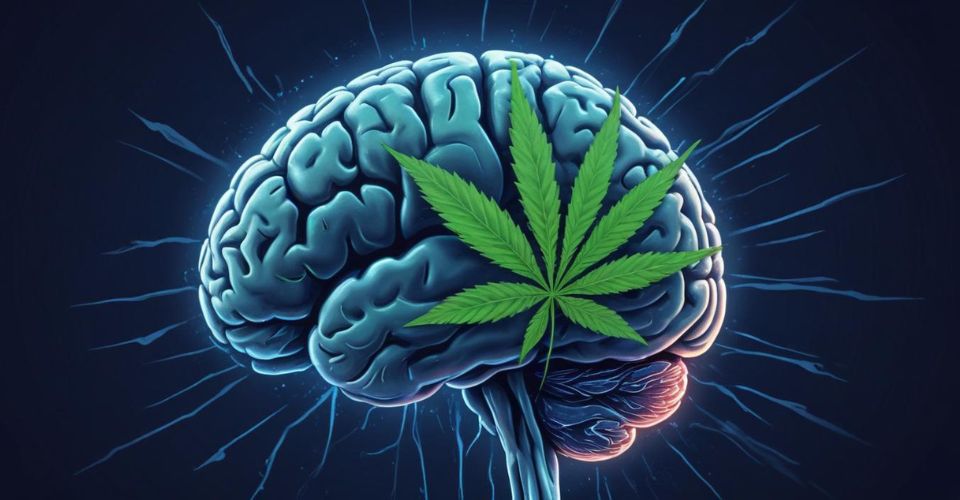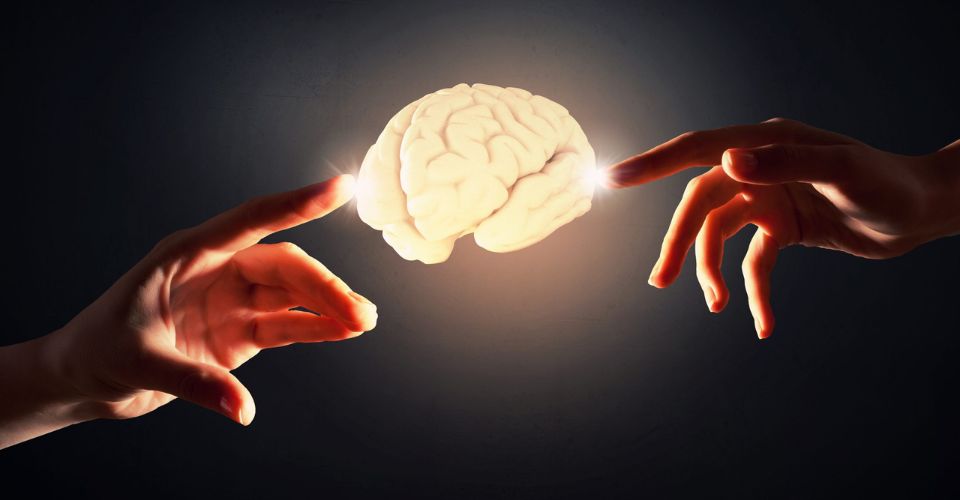Breaking up with a narcissist can be a profoundly painful experience, characterized by lingering emotional distress and rumination. However, it’s equally complex to decipher narcissistic behavior when relationships come to an end. The answer to this multifaceted question depends on various factors, including the type of narcissist, their pursuit of another partner, and their involvement in the breakup decision.
Ramani Durvasula, a psychologist and the author of “Should I Stay or Should I Go?: Surviving a Relationship with a Narcissist,” notes the complexity of assessing whether narcissists truly experience heartbreak.
She suggests that while they may experience emotional distress, they perceive it as shameful, weak, and vulnerable, making it challenging for them to acknowledge.
Understanding Narcissistic Behavior and Emotional Responses
Narcissists, characterized by their grandiosity, insatiable need for attention, and constant pursuit of validation, are often perceived as lacking empathy and genuine emotions. While it is true that their primary focus is on themselves rather than others, it is a misconception to believe that narcissists are entirely devoid of feelings.
Chelsey Cole, a psychotherapist and the author of “If Only I’d Known: How to Outsmart Narcissists, Set Guilt-Free Boundaries, and Create Unshakeable Self-Worth,” emphasizes that narcissists do experience emotions, but their feelings are primarily directed towards themselves rather than their partners.
Navigating the aftermath of a breakup with a narcissist can be emotionally taxing. Those who have experienced it firsthand understand the profound pain and persistent thoughts that accompany such a split.
However, it is equally intriguing to explore how narcissists themselves cope with the end of a relationship.
Several Factors Determine Narcissistic Behavior
- Narcissistic Subtypes: Narcissism is not a one-size-fits-all personality trait. Different subtypes exist, each with distinct characteristics. Some narcissists may react to breakups with indifference, while others may exhibit a range of emotional responses.
- Pursuit of Another Partner: Narcissists often seek new sources of admiration and validation. If they have another person readily available as a potential partner, their emotional response to the breakup may be less pronounced.
- Involvement in the Breakup Decision: Whether the narcissist had a say in ending the relationship can also influence their emotional response. If they initiated the breakup, their feelings may differ from those who were unexpectedly discarded.
While it is crucial to recognize that narcissists do experience emotions, it’s equally important to understand how they perceive and express these emotions. Narcissists typically prioritize their own needs and desires above all else, which includes their emotional responses.
As a result, they may struggle to acknowledge or display vulnerability, such as heartbreak, as it conflicts with their self-image of strength and invulnerability.
Empathy, a trait often lacking in narcissists, can further complicate their emotional responses. Their inability to genuinely connect with the emotional experiences of others extends to their own feelings.
Thus, while they may indeed be hurting, their distress is predominantly self-focused and may not align with conventional expressions of heartbreak.
Love in narcissistic relationships takes on a unique dynamic. Narcissists often struggle to form deep, meaningful connections and tend to prioritize their own needs and desires over those of their partners. This self-centered approach to love can make it challenging for both parties involved, as genuine emotional intimacy is often elusive.
As individuals navigate relationships with narcissists, it becomes crucial to recognize the intricate interplay between narcissism and emotional responses.
While narcissists may indeed experience distress when a relationship ends, their perception and expression of this distress are filtered through their narcissistic traits and self-centered worldview.
The emotional landscape of narcissism and breakups is undeniably complex. Both individuals who have been in relationships with narcissists and the narcissists themselves grapple with unique challenges and responses.
While it is essential to acknowledge that narcissists do experience emotions, including distress, their self-centered nature and difficulty with empathy can result in a distinctive and often misunderstood expression of emotional pain.
Recognizing these complexities is a vital step in understanding and navigating the intricate world of narcissistic relationships and breakups.




























